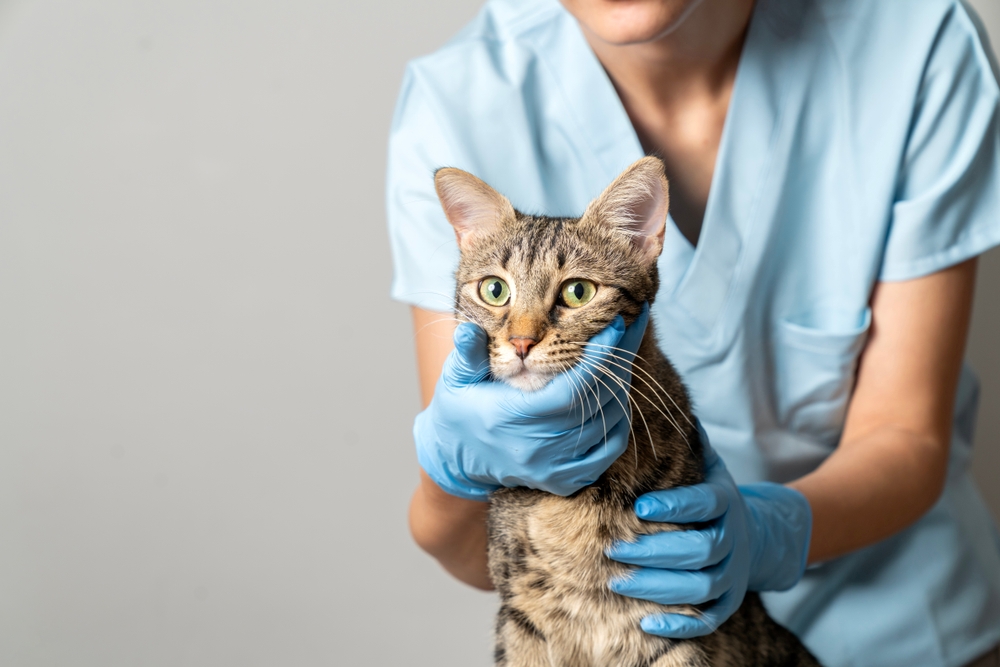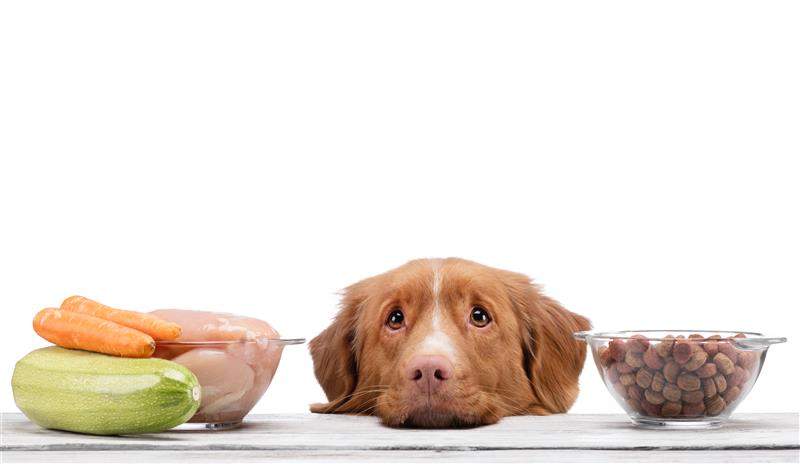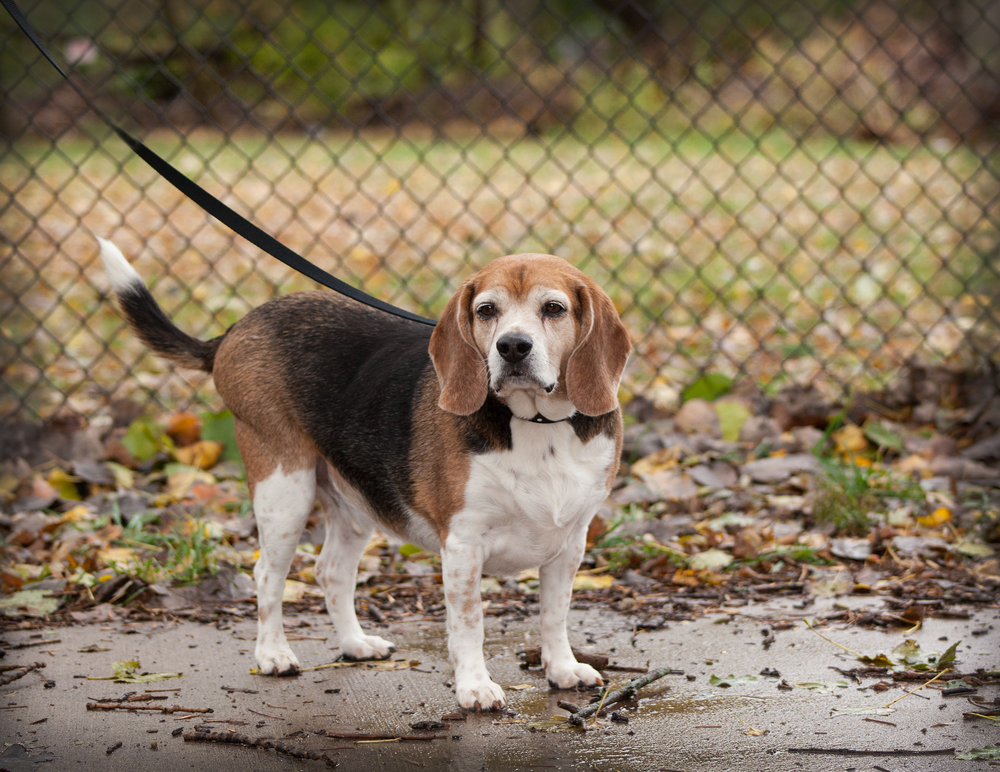
What is the difference between vomiting and regurgitation in cats?
October 27th 2022
Although vomiting and regurgitation may seem like the same thing, they are different and have different causes.
Regurgitation is a passive process. This means there is little effort by your cat, and they will usually lower their head and bring up food silently without warning – almost like a burp. The food will be undigested, and it usually occurs quite soon after eating or drinking.
Vomiting is known as an active process. You’ll probably notice your cat retching and their abdomen heaving as the muscles try to squeeze the stomach. Some cats also vocalise before being sick and they may display signs of nausea such as drooling, lip smacking and frequent swallowing before vomiting. Unlike regurgitation, the vomit will contain partially digested food and gastric juices.
What causes regurgitation?
There are several causes of regurgitation many of which involve how and what your cat eats. For example, it can happen occasionally when:
1. Your cat eats too much food in one go
2. Your cat eats too quickly – which may happen if they are greedy or if they are trying to eat quickly to prevent another cat getting their food
3. You offer food that is too hot
4. Your cat has a large drink immediately after eating
Regurgitation can also occur when there is a problem with the oesophagus – the tube running from the mouth to the stomach. This could be a blockage or disease of the oesophagus, so it is important that your cat has a veterinary check up if they are regurgitating frequently – more than a couple of times a month.
What causes vomiting?
Vomiting is not a disease itself and has multiple causes. It can be diet related and may be a result of:
1. Food intolerances or allergies
2. A sudden change in diet
3. Eating something unusual, something that’s going off or certain plant material
Some cats will vomit hairballs rather than partially digested food. It is more common in anxious cats that overgroom or long-haired cats, but it is normal.
Unfortunately, vomiting can also be a result of something more serious including poisoning, kidney or liver disease, hyperthyroidism, a gastrointestinal blockage, or pancreatitis. Treatment will depend on what your vet diagnoses, so a trip to the vet is crucial if your cat is vomiting more than once a week.
If your vet diagnoses an adverse food reaction as the cause of vomiting, then a dietary change can often help. For further advice, please contact us on nutrition@vetskitchen.co.uk or 01793 887555.

 Shop Dog
Shop Dog
 Shop Cat
Shop Cat
 Vet Know-how
Vet Know-how Contact
Contact


